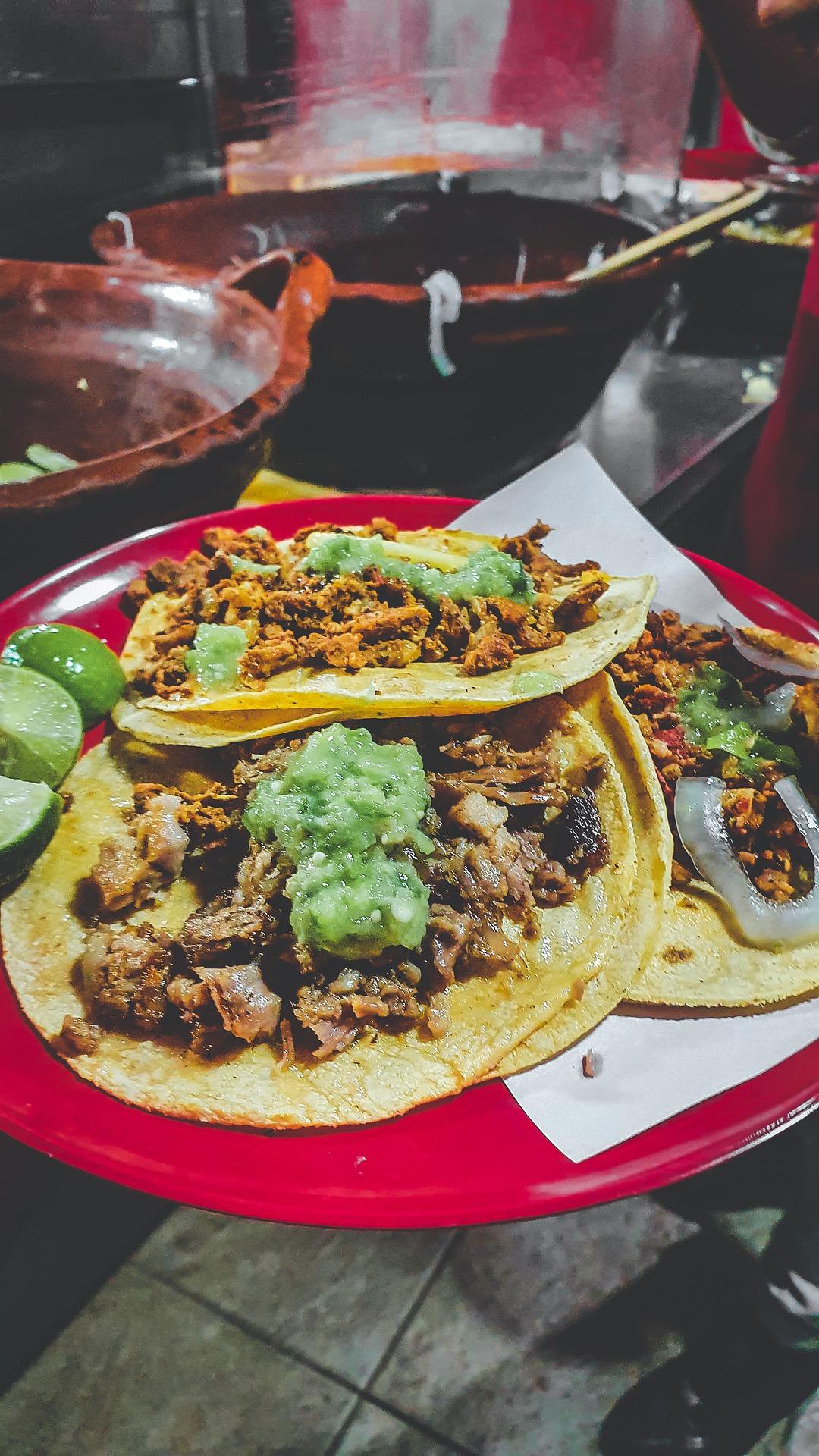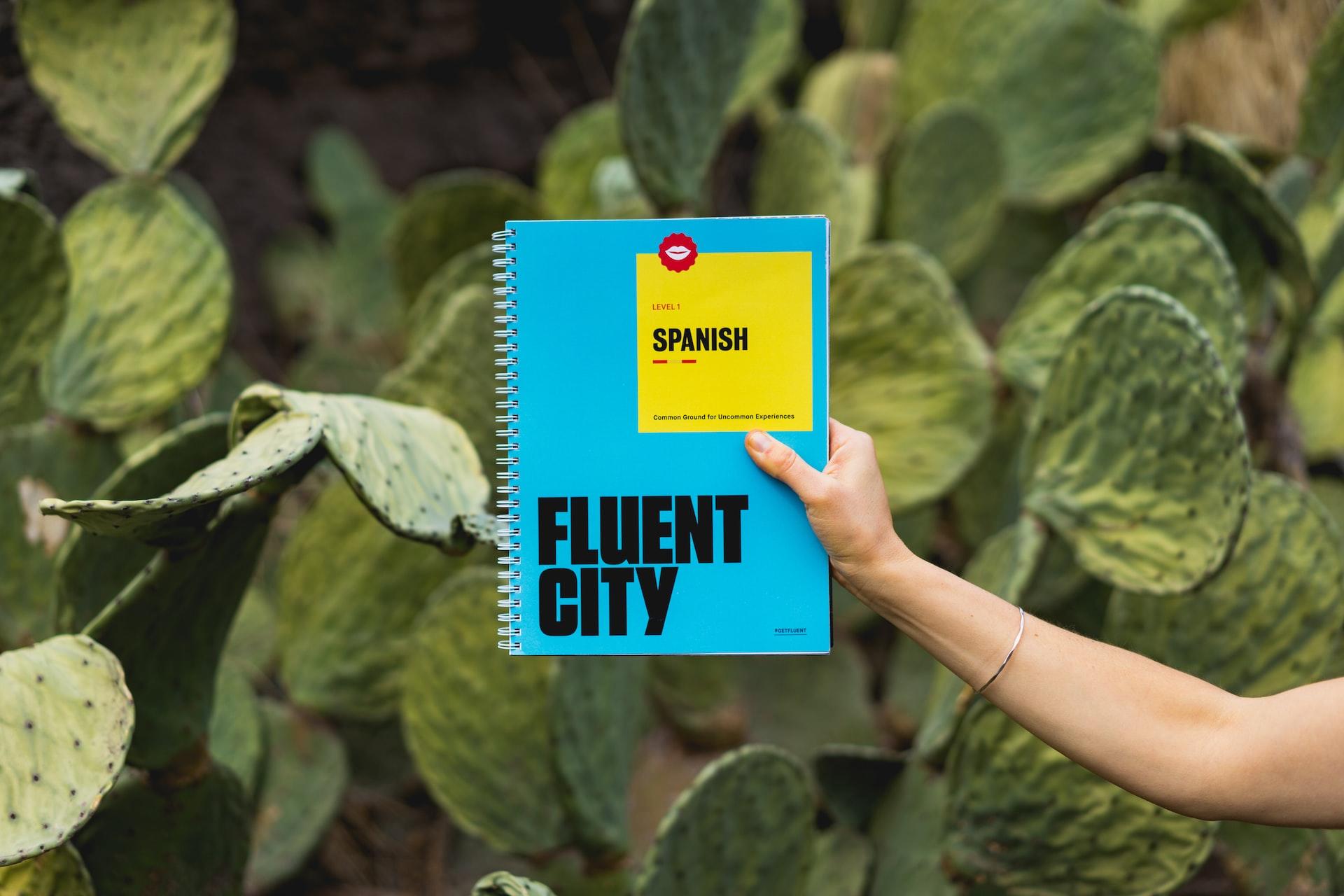Chances are high that you found your way to this article because you are wondering if taking NCEA Spanish is worth the trouble. Well, we’re here to tell you that it is! Learning a language is different from writing a poem or combining chemicals, and learning Spanish can open many doors.
Learning a language has been shown to improve your brain, increase your memory, and ward off dementia later on in life. Passing your NCEA Spanish course can see you working in a range of areas around the world, just by using your language skills with your other interests. This is without thinking about the language-specific roles that could become available to you.
We live in a rapidly changing world, and no doubt you’ve been told that “soft skills” are the way of the future. However, you may not have been told that learning a language is a perfect way to improve your ability to understand and empathise with others, become aware of differences in cultural communication, and allow you to thrive in a world where you can’t know everything.
How Taking NCEA Spanish Can Start Your Successful Career
Learning any language can, of course, see you in roles where you become a language teacher. You could work in New Zealand, or anywhere in the world, teaching Spanish. Then there is the obvious choice of going into diplomacy, particularly within the developing South American countries, which are becoming increasingly important to New Zealand’s economic strategy.
But what if you want to become a Doctor, Philosopher, or Electrician? Believe it or not, yes, taking NCEA Spanish can help open doors here.
Some of the key abilities that people who learn new languages develop include:
- Perseverance
- Problem-solving
- Being comfortable in discomfort
- Communication
- Self-management
These are all skills that language learners develop without realising, just from the nature of learning Spanish. Yet these are all skills that are highly sort after in a range of career options and will provide a solid foundation for taking on tertiary education or apprenticeships.
Of course, you can also take your medical license or sparkie trade cert and head over to South America to work with Habitat for Humanity or Doctors without Borders. The world is your oyster once you can communicate in Spanish at an NCEA Level 3.

Demystifying The NCEA Spanish Syllabus
Most people will start NCEA Spanish at level 1, in around year 11 – generally, this is the second year of high school in New Zealand. However, the subjects you take for NCEA may be restricted by the options students choose for years 9 and 10.
Languages are sometimes a subject that you can take up for the first time for NCEA Level 1. Still, often you will need to have taken Spanish earlier unless you can show prior learning. If you have changed schools and come from one where Spanish wasn’t offered previously or have realised that NCEA Spanish would be an excellent course for your future career or study, all is not lost.
Finding a Pre-NCEA Spanish Tutor
Suppose you can find a suitable tutor to work with, either online or in person. Ideally, find a experienced tutor teaching Spanish as a second language, rather than someone who is excellent at conversational Spanish (usually these tutors are also qualified teachers). In that case, they will help you gain enough knowledge and confidence to join the NCEA Spanish class without having prior classroom experience.
Even if your tutor isn’t familiar with the New Zealand Curriculum for language learning, having teaching experience means they will be more likely to understand the pedagogy around teaching languages. This also means they are more likely to use the resources that the NZ Ministry of Education provides around the expectations of achievement within the curriculum – and all of this information is freely available on the NZ Curriculum Spanish learning languages guides.

Understanding NCEA Spanish
Learning Spanish is one issue, but understanding how NCEA Spanish works together doesn’t need to be complicated. At each level (1, 2 and 3), you will have up to five achievement standards you can take. Rarely will students take all units, but which ones are available will be determined by your school. There will be a minimum requirement. Each unit standard works together, so your Spanish teacher will likely teach them together rather than as separate units.
NCEA Spanish Level 1 achievement standards:
- Demonstrate understanding of a variety of spoken Spanish texts on areas of most immediate relevance
- Give a spoken presentation in Spanish that communicates a personal response
- Interact using spoken Spanish to communicate personal information, ideas and opinions in different situations
- Demonstrate understanding of a variety of Spanish texts on areas of most immediate relevance
- Write a variety of text types in Spanish on areas of most immediate relevance
Because the only requirement to gain NCEA Level 2 or Level 3 is to complete the appropriate credits in literacy and numeracy. There is no obligation for a school to make students take NCEA level 1 subjects. However, it is provided for in the curriculum, but each school can best approach the topic.
NCEA Spanish Level 2 achievement standards:
- Demonstrate understanding of a variety of spoken Spanish texts on familiar matters
- Interact using spoken Spanish to share information and justify ideas and opinions in different situations
- Give a spoken presentation in Spanish that communicates information, ideas and opinions
- Demonstrate understanding of a variety of written and/or visual Spanish text(s) on familiar matters
- Write a variety of text types in Spanish to convey information, ideas, and opinions in genuine contexts
To complete the NCEA Spanish Level 2 course, students need to receive at least 19 credits, which generally means taking and passing four of the five available standards.
NCEA Spanish Level 3 achievement standards:
- Demonstrate understanding of a variety of extended spoken Spanish texts
- Give a clear spoken presentation in Spanish that communicates a critical response to stimulus material
- Interact clearly using spoken Spanish to explore and justify varied ideas and perspectives in different situations
- Demonstrate understanding of a variety of extended written and/or visual Spanish texts
- Write a variety of text types in clear Spanish to explore and justify varied ideas and perspectives
As with NCEA Level 2, to complete Spanish at NCEA Level 3, you need 19 credits - generally, this means passing four unit-standards. There will be a mix of external and internal assessments.

NCEA Spanish Revision Tips: How To Tackle Spanish Problems
Unfortunately, there really is no way to get better at Spanish than simply using it as often as possible. Talk to your dog in Spanish, watch TV in Spanish, change your phone settings to Spanish. Every opportunity you have to practice reading, writing, listening and speaking in Spanish will help you improve.
For revision of the vocabulary, most people find they simply have to keep repeating the words, often with flashcards.
However, to better understand what you are doing for NCEA Spanish, using past exams and discussing a revision strategy with a tutor is a great option. If you are taking NCEA Spanish Level 1, avoid the classic mistake of spending so much time working out a great revision schedule that you don’t actually revise!
There is a steep learning curve. Even though you will likely be in your third year of learning Spanish by taking your first NCEA exam, there is still a hefty vocabulary to master. So, the better you are at simple communication, the faster you will improve, and you will continue to add new vocabulary into your daily conversations. Simple things like telling your dog to sit and then tell her she’s a good girl are all advancing your Spanish language skill.

NCEA Spanish Past Papers
Accessing past exams for NCEA Spanish at all levels is a wonderful resource. You aren’t limited to external exams but also have access to all the internal assessment information. This is particularly helpful if you are working with a tutor, as it means you both know exactly what you need to know – although don’t fall into the trap of only studying for the exam rather than studying to gain knowledge.
Students who study to pass a test often find that anything unusual cropping up in the exam becomes an instant failure as they can’t think creatively to solve the issue. Whereas if you have used the range of exam exemplars, past exams, and assessment information available on the NZQA website to get an idea of what areas to focus on rather than as a fixed guide on how to pass, you’ll have a more rounded understanding.

Embracing all things Spanish is the best trick
While you can buy all the revision books and search the web for “hacks to learn Spanish fast”, the best way to pass NCEA Spanish is to use the language.
Start with saying “hola” to people instead of good morning. Just these little steps will get you into the habit of using the language, and before you know it, you have created your own total immersion Spanish world. Right at home.

Summarise with AI:
























